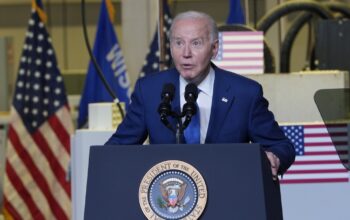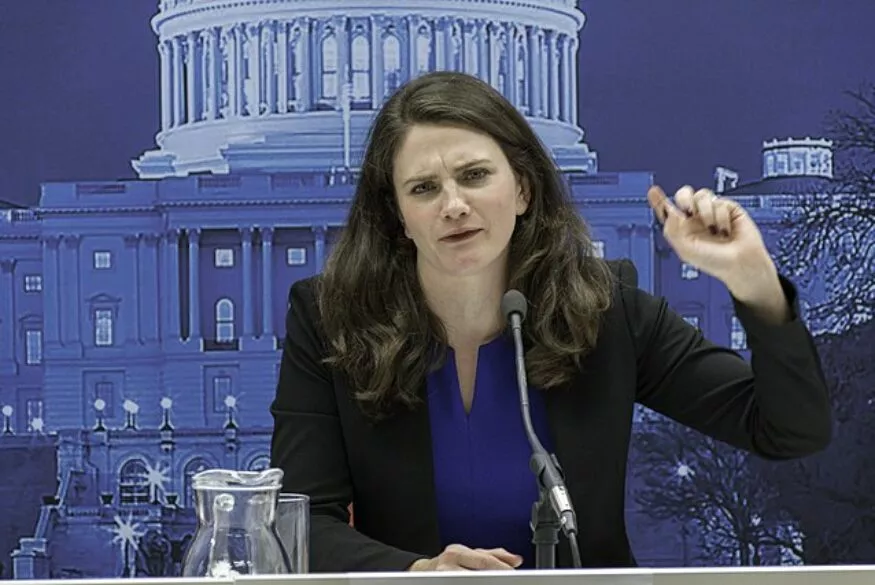New York has initiated efforts to broaden state-managed healthcare options for undocumented immigrants, specifically focusing on those aged 65 and above. Effective January 1, 2024, the state transitioned from the Emergency Medicaid program, which solely covered emergency medical treatment, to providing Medicaid for eligible undocumented immigrants in this age group.
A bulletin from the New York State of Health outlines the enhanced benefit package, offering preventative and primary care services, including routine doctor visits, lab testing, recommended screenings, wellness services, and prescription drugs.
Undocumented immigrants in this category must meet income criteria, with eligibility extending to those making up to 138 percent of the Federal Poverty Line.
A New York Senate bill, currently under consideration by the Senate Financial Committee, proposes extending healthcare access to low-income undocumented immigrants under 65 through the New York State Health Innovation Plan. The Senate approved the bill in June, aiming to benefit over 240,000 undocumented immigrants in the state.
While these developments align with the trajectory of California, where healthcare for undocumented immigrants is entirely state taxpayer-funded, concerns are raised about the financial implications for New York. As the impact of President Biden’s immigration challenges reaches New York City, cautionary voices, including writer Susan Shelley, warn of potential parallels with California’s approach.
Shelley points out that, similar to California’s decision to offer free healthcare to qualifying undocumented individuals, New York may be heading down a comparable path. California’s move has attracted attention due to its implementation despite facing a substantial $68 billion budget deficit in the upcoming fiscal year.

















